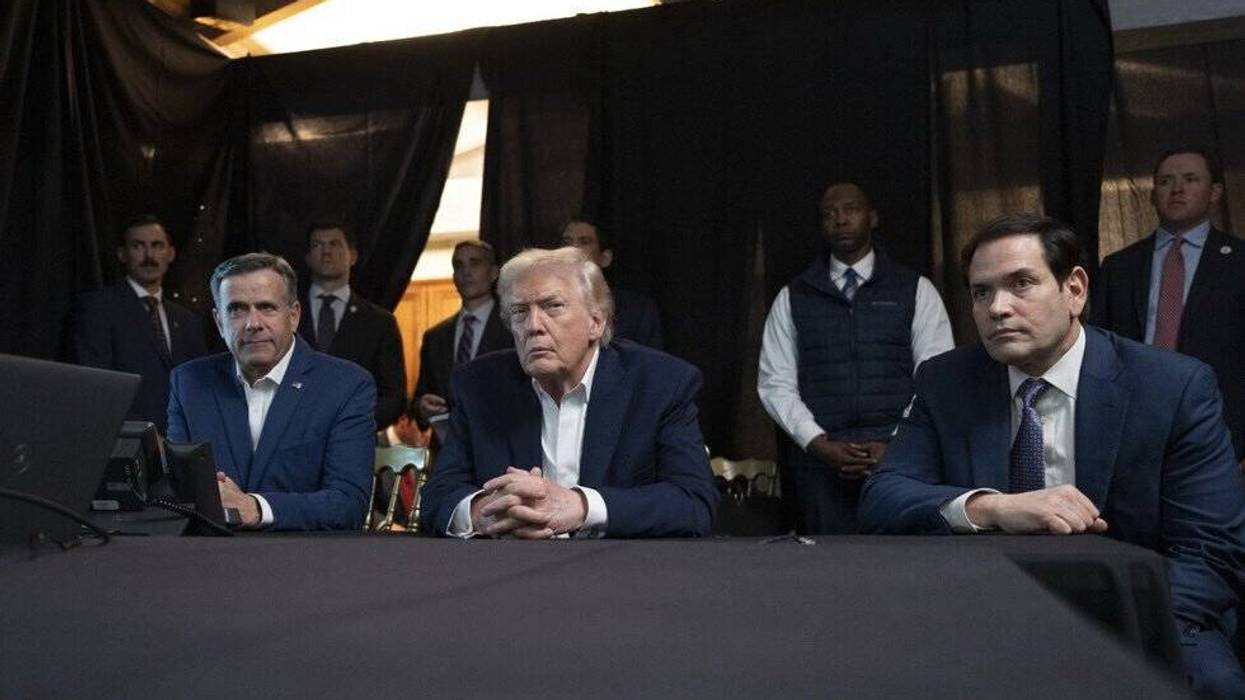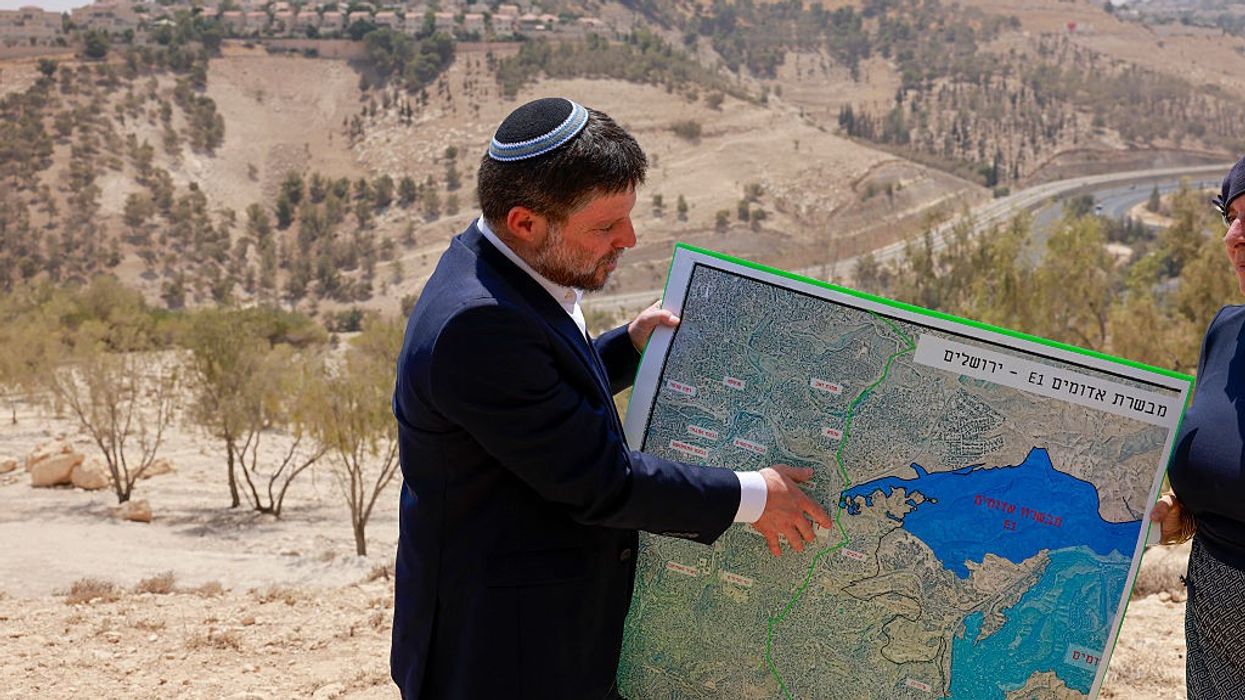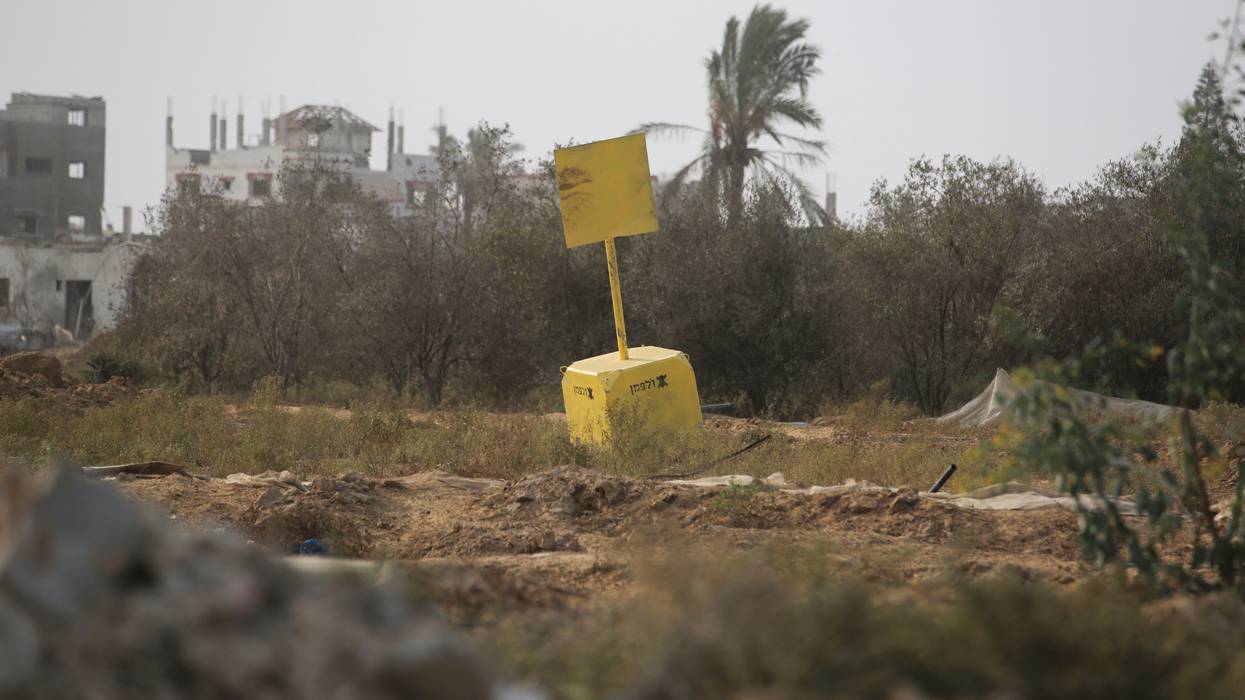House Dems Unveil Bill to Prohibit Taxpayer Funding for Trump Occupation, Plunder of Venezuela
"The American people want affordable healthcare, not to spend billions or more on ‘running’ Venezuela," said US Rep. Joaquin Castro.
A pair of House Democrats on Thursday introduced legislation that would prohibit the Trump administration from using any taxpayer funding to control Venezuela or exploit its vast oil reserves, an effort launched after the US president said he expects his illegal plunder operation in the South American country to last years.
The new bill, titled the No Occupation of Venezuela (NOVA) Act of 2026, would bar "any federal funds from being used to support US possession, supervision, jurisdiction, or control over Venezuelan territory or resources, whether through military or civilian means," according to a summary released by Reps. Raja Krishnamoorthi (D-Ill.) and Joaquin Castro (D-Texas), the measure's lead sponsors.
The legislation would also prevent "taxpayer dollars from being used to subsidize, reimburse, or otherwise support oil company expansion, reconstruction, or resource control in Venezuela" and halt any effort by the White House to shift "from military action to civilian governance or economic administration without explicit congressional authorization."
“The American people want affordable healthcare, not to spend billions or more on ‘running’ Venezuela,” Castro said in a statement. “The NOVA Act would block the president from occupying Venezuela and prevent him from enriching himself, his cronies, and oil companies in the process.”
The Democratic lawmakers unveiled their legislation a day after the US Department of Energy released a document outlining, with few specific details, how the Trump administration intends to exploit Venezuela's oil with the help of American fossil fuel corporations.
The document states that the US government "has begun marketing Venezuelan crude oil in the global marketplace for the benefit of the United States, Venezuela, and our allies."
"All proceeds from the sale of Venezuelan crude oil and oil products will first settle in US-controlled accounts at globally recognized banks to guarantee the legitimacy and integrity of the ultimate distribution of proceeds," the fact sheet continues.
"At a time when families are stretching every dollar for groceries, housing, and healthcare, American taxpayers should not be forced to bankroll an overseas occupation or subsidize Big Oil’s return to Venezuela at Donald Trump’s direction."
Trump has repeatedly suggested that US taxpayers could "reimburse" oil companies that agree to invest in Venezuela in the wake of the administration's illegal assault on the country and abduction of its president, Nicolás Maduro. The president is set to meet with the top executives of major US oil companies at the White House on Friday.
"We will rebuild it in a very profitable way,” Trump said of Venezuela's oil infrastructure in an interview with the New York Times on Wednesday. “We’re going to be using oil, and we’re going to be taking oil."
US Secretary of State Marco Rubio said Wednesday that the Trump administration is "about to execute on a deal to take all the oil." Venezuela's state oil company, PDVSA, said Wednesday that it was in active negotiations with the Trump administration, but did not say a deal was in place.
The Trump administration's military campaign against Venezuela directly and its massive buildup of forces in the Caribbean have already cost US taxpayers hundreds of millions of dollars. Fortune reported Thursday that the administration's ongoing naval blockade against Venezuelan oil tankers has cost "an estimated $700 million and counting," while the Center for American Progress noted earlier this week that US military deployments to the Caribbean have cost upwards of $600 million.
“At a time when families are stretching every dollar for groceries, housing, and healthcare, American taxpayers should not be forced to bankroll an overseas occupation or subsidize Big Oil’s return to Venezuela at Donald Trump’s direction,” Krishnamoorthi said in a statement Thursday. “The NOVA Act draws a clear line: No president gets to spend Americans’ money on foreign occupations or oil deals without Congress—and without the consent of the American people.”


